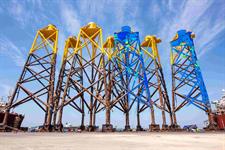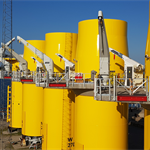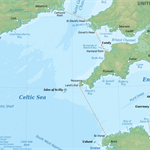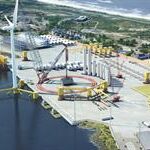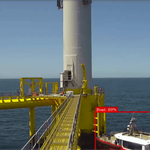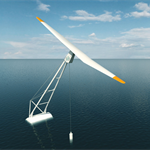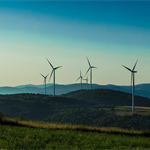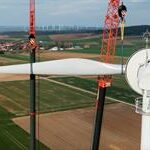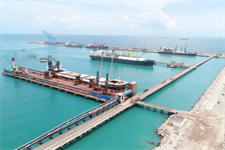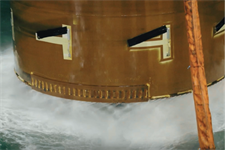Digital twin firm Akselos targets floating offshore wind sector after $16m funding boost
Energy Disrupter
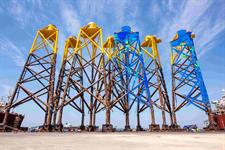
Swiss engineering simulation firm Akselos has raised $16.5 million to support its global growth – including using its technology to cut costs for the floating offshore wind industry.
The technology firm has previously used digital twins – virtual representations of physical objects or processes – to help provide insights to lower the levelised cost of energy (LCoE) for floating wind demonstration projects. It also plans to use its technology for the oil and gas sector.
Akselos previously worked with Stiesdal, Shell and RWE to model the TetraSpar floating platform demonstrator, and with Worley to demonstrate its technology on Hexicon’s TwinWind project.
As well as helping to cut costs, it claims its technology can make floating offshore wind structures more efficient in deeper waters with faster wind speeds.
Akselos claims its technology is 1,000 times faster and ten times more accurate than the industry standard for modelling large-scale assets.
The Swiss firm had previously carried out research with United Arab Emirates-based marine engineers Lamprell into the potential for digital twins in the offshore wind sector.
Having a digital twin allows the user to analyse different foundation designs and decide on the optimal design, the research partners found. This would then lead to reduced material use as it prevents inefficient designs being manufactured, trialled and used in a commercial setting, they added.
AT Capital Group, Future Energy Ventures, Japan Energy Fund and Shell Ventures all backed Akselos’ $16.5 million funding round.

